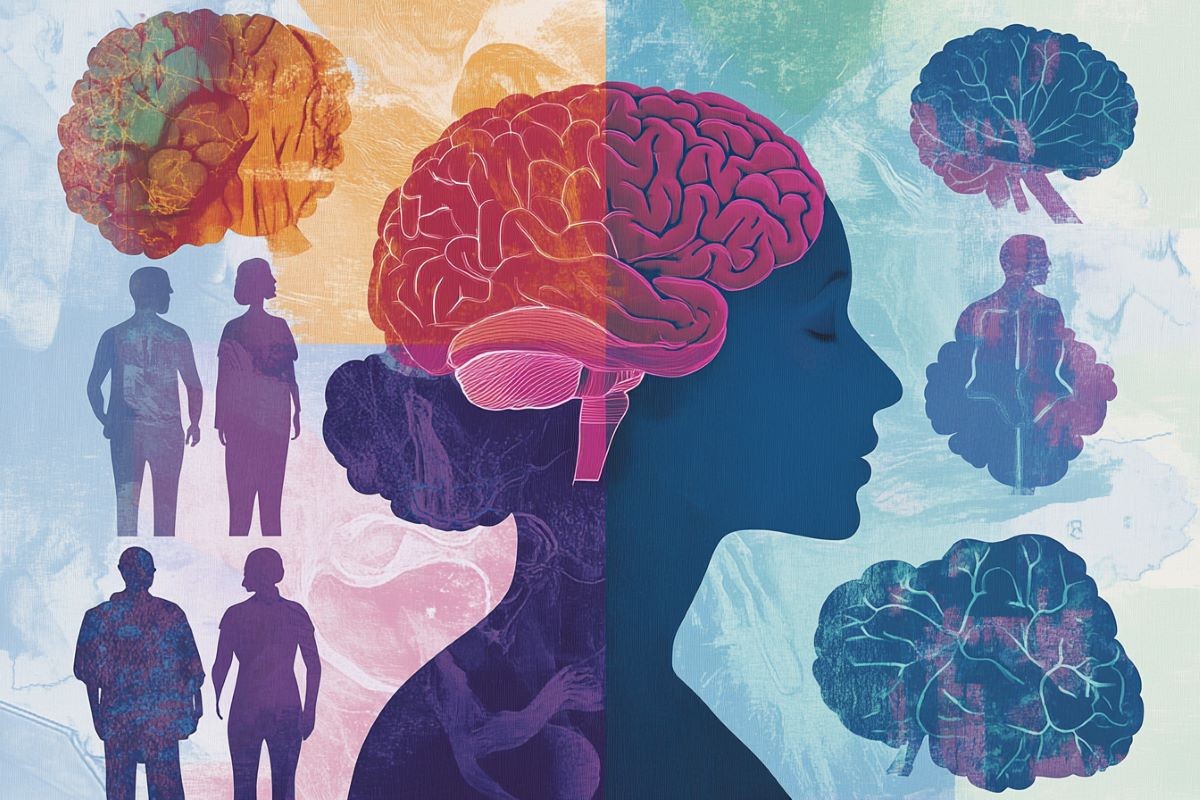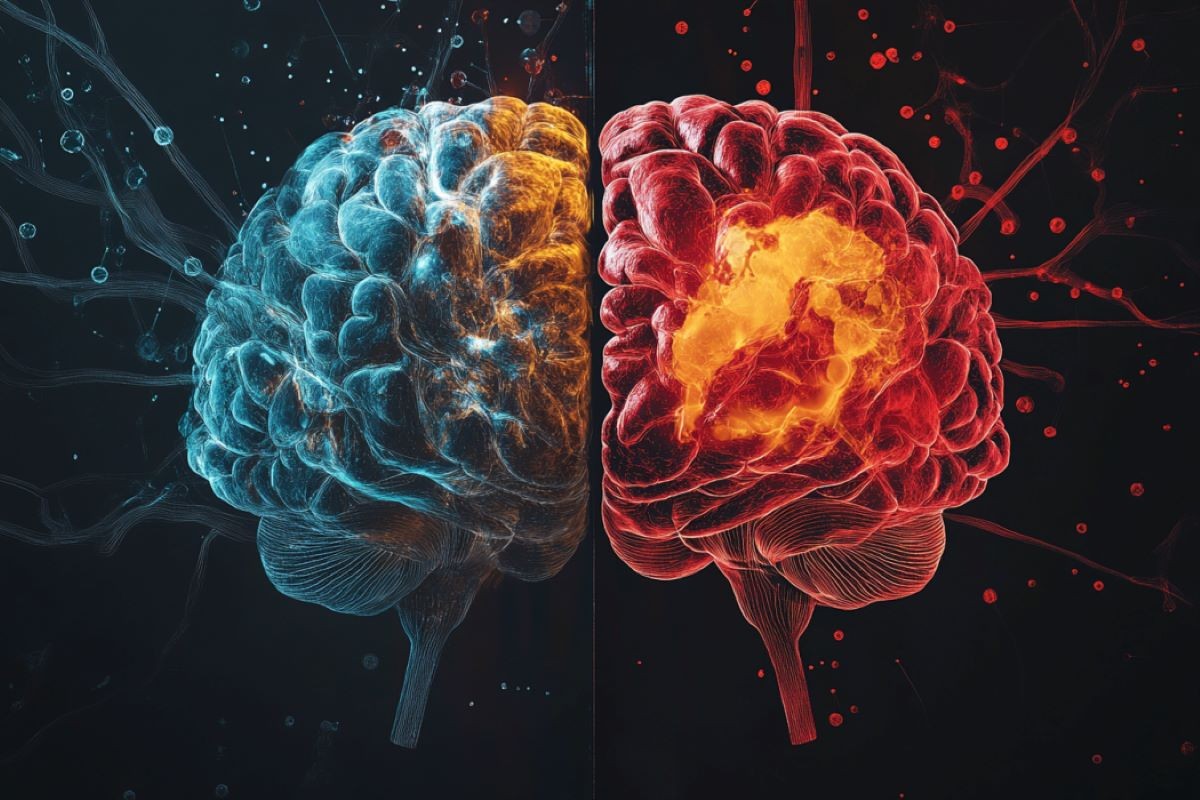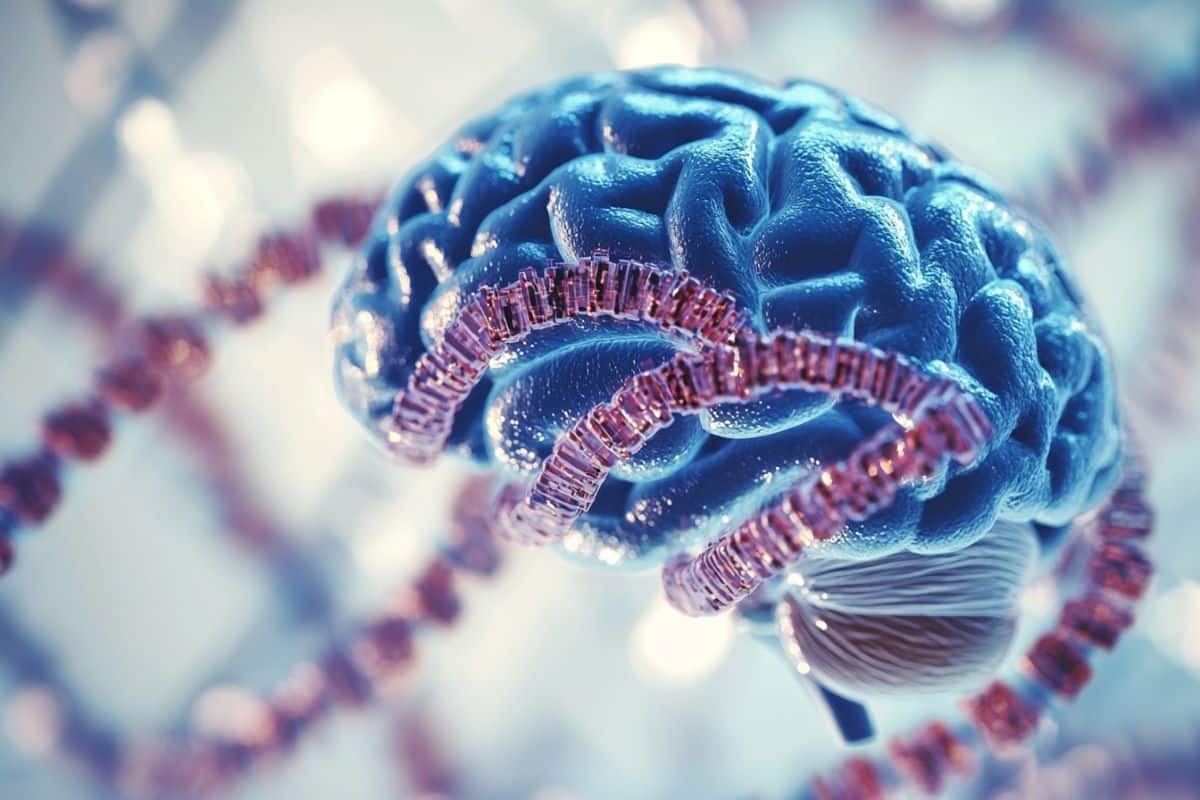Hidden ADHD: How Excessive Daydreaming Delays Adult Diagnosis
New research reveals that maladaptive daydreaming could mask symptoms of ADHD in adults, leading to delayed diagnosis. The study found that adults diagnosed later in life exhibited higher levels of compulsive fantasizing that interfered with recognizing underlying attention deficit symptoms.
Digital vs. Handwritten Notes: New Research Challenges Brain Activity Study
A recent scientific debate has emerged over claims that handwriting notes enhances learning more than typing. While initial research showed increased brain activity during handwriting, critics argue the study's limitations and real-world applicability, prompting new investigations into actual learning outcomes.
Virtual Reality Shows Promise as Self-Guided Treatment for Social Anxiety
A groundbreaking study demonstrates that a self-guided VR app combined with an affordable headset helped reduce social anxiety symptoms by 35 points compared to controls. The six-week trial involving 126 adults could make mental health treatment more accessible by eliminating the need for direct therapist supervision.
Dementia Risk Soars: Half of Americans May Face Cognitive Decline After 55
A landmark study reveals Americans now face a 42% lifetime risk of developing dementia after age 55, with cases projected to double by 2060. The research highlights concerning disparities across demographics and emphasizes urgent needs in healthcare planning and prevention.
The Hidden Power of Risky Play: Why Children Need Freedom to Take Calculated Risks
New research reveals that allowing children to engage in supervised risky play - from climbing trees to exploring independently - is crucial for healthy development. Studies show these challenging activities build resilience, improve risk assessment, and enhance social, physical and emotional skills.
Multilingualism Boosts Cognitive Development in Children with Autism, Study Finds
UCLA Health research reveals that growing up in multilingual households enhances cognitive abilities and executive function in both autistic and neurotypical children. The groundbreaking study found no drawbacks to speaking multiple languages at home, while demonstrating improved social interaction and communication skills.
Herpes Virus May Play Protective Role in Early Stages of Alzheimer's Disease
University of Pittsburgh researchers have discovered that herpes simplex virus-1 (HSV-1) interacts with tau protein in ways that may initially protect against Alzheimer's disease. This groundbreaking finding challenges traditional views of tau protein's role and opens new possibilities for treating neurodegenerative conditions.
Brain Activity Pattern Discovery Could Transform Schizophrenia Diagnosis
Scientists at Tufts and Vanderbilt universities have identified a unique brain activity marker in people with schizophrenia when processing conflicting information. This breakthrough could lead to more precise diagnostic tools and better treatment monitoring for the condition.
Genetic Breakthrough Links Brain Structure to Dyslexia
A landmark study analyzing genetic data from over 1 million individuals has revealed how dyslexia-related genes affect brain structure and function. The research uncovered correlations between genetic variants and volume differences in specific brain regions, offering new insights into this condition affecting 5% of school children globally.
Early Life Structural Sexism Linked to Faster Memory Decline in Women Over 65
A Columbia University study reveals women born in states with higher structural sexism experience accelerated cognitive decline equivalent to 9 extra years of brain aging. The impact is especially pronounced for Black women, highlighting how intersecting gender and racial discrimination affect long-term brain health.









